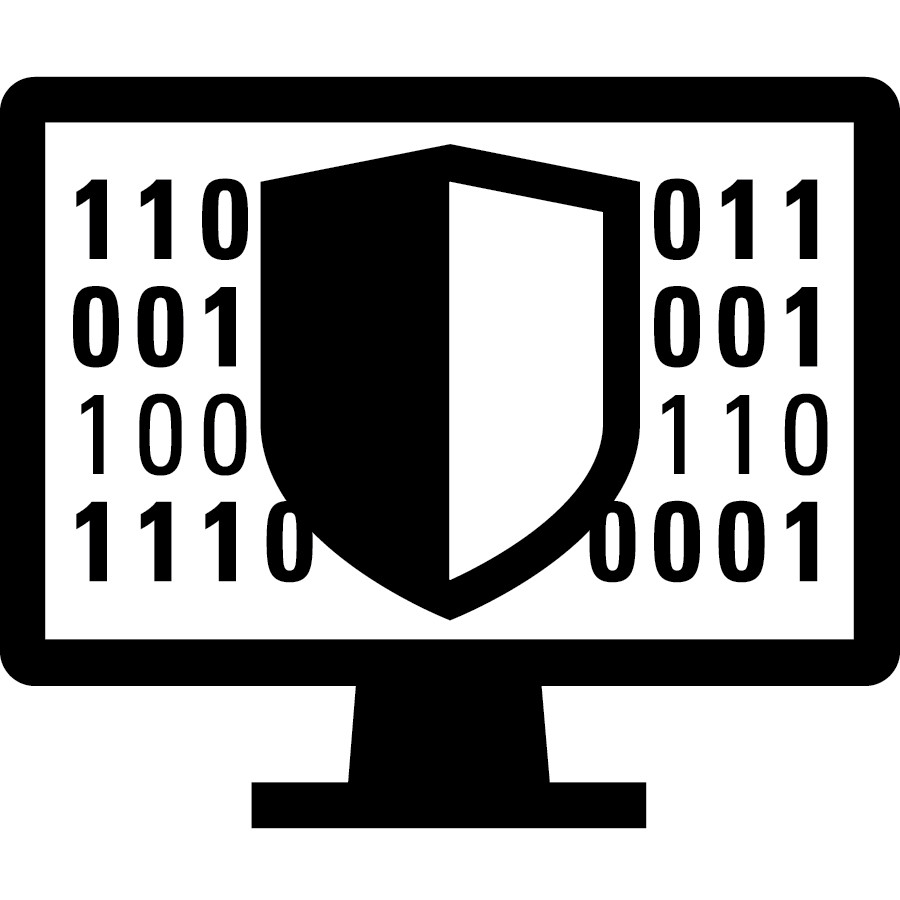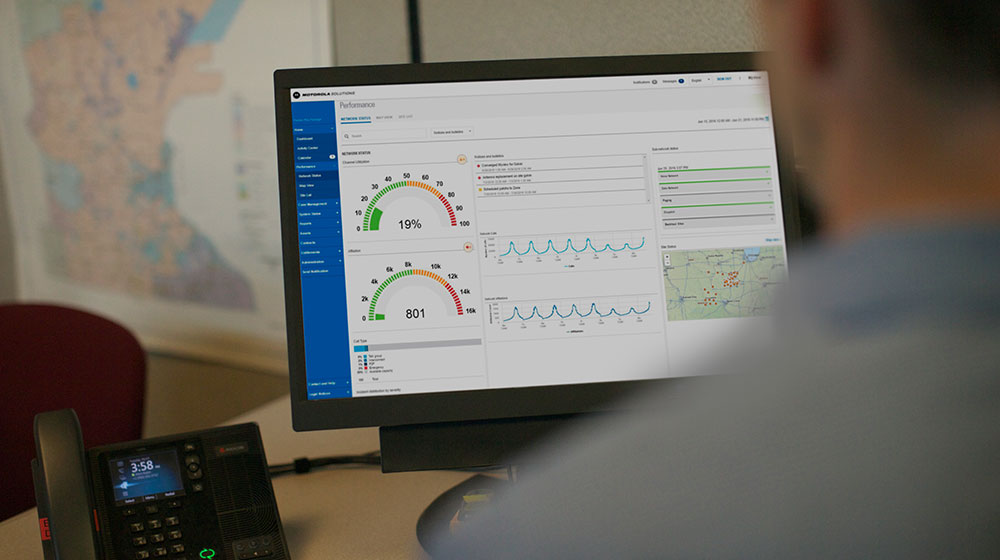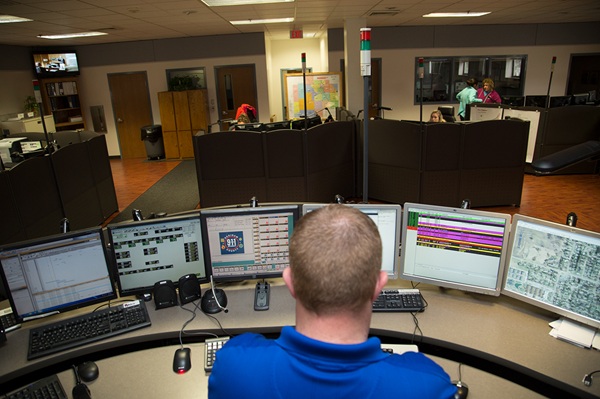Every day, 9-1-1 dispatchers work tirelessly behind the scenes to save lives. They are highly skilled and versatile which allows them to handle a variety of situations from pocket dials to critical emergencies. While the work that they are doing is endlessly important, 9-1-1 dispatchers often do not get the recognition they deserve.
We are happy to share that April is National 9-1-1 Education Month! The National 9-1-1 Coalition as well as the National Emergency Number Association (NENA) have produced several downloadable and shareable resources that you can use during this month to educate citizens of all ages. In order to ensure effective emergency response, it is important that you and your community are knowledgeable about the proper use of the 9-1-1 system.
The History of 9-1-1
Have you ever wondered how our current 9-1-1 system came to be? 9-1-1 is considered to be the “Universal Emergency Number” in the United States. The idea first gained traction when the National Association of Fire Chiefs suggested that there be a single number used for reporting fires in 1957. Ten years later, the President’s Commission on Law Enforcement and Administration of Justice recommended that there be a single number used for reporting all emergencies, regardless of type.
This idea was widely supported by government agencies and officials which lead the Federal Communications Commission (FCC) to meet with the American Telephone and Telegraph Company (AT&T). In 1968, AT&T announced that the digits 9-1-1 would serve as an emergency code in the United States. The digits 9-1-1 were selected because they are brief and easy to remember. 9-1-1 had also never been used before as an office, service, or area code.
Congress supported AT&T’s proposal and on February 16, 1968, Senator Rankin Fite completed the first 9-1-1 in Haleyville, Alabama. In March of 1973, the White House’s Office of Telecommunications developed a national policy statement, encouraging the nationwide use of 9-1-1. Today, 96% of the geographic United States has 9-1-1 coverage.
While almost all the United States is covered by 9-1-1, not everybody knows the proper steps to take when calling for help. On busy days, dispatchers can receive between 300 and 500 phone calls. However, not all of these are true emergencies. False alarms or minor problems can distract operators from more serious issues which is why everyone needs to be educated on the 9-1-1 Do’s and Don’ts. 9-1-1 dispatchers dedicate their lives to helping the public. Let’s help them out by being as prepared as possible when calling for help.
What Should You Know Before Calling?
Each year, an estimated 240 million calls are made to 9-1-1. The dispatchers handle a vast variety of calls each day and act as the unsung heroes of public safety. It is our duty as citizens to make it as easy as possible for telecommunicators to do their job.
Here are some things to keep in mind when calling 9-1-1:
- Do not call 9-1-1 for pranks or jokes: 9-1-1 serves as the vital link between emergency responders and the American public. Prank calls can waste valuable time and resources needed for other situations.
- Teach your children how to call 9-1-1: In so many instances, children have saved the day by calling 9-1-1. Make sure that your child is properly educated on how and when to call.
- When calling 9-1-1, try your best to stay calm throughout the situation and answer all questions: This will make communicating easier for you and the dispatcher. While it is often our first instinct to panic during an emergency, staying calm while calling 9-1-1 can help save lives.
- Know the location of the emergency: The quicker you can get all of the details about your emergency to the dispatcher, the quicker they can get you the help that you need. Be specific and include as many details as you can.
- Don’t call 911 for pet emergencies: This can take up time and resources from dispatchers. Instead, check out this list of who to call when you have a pet emergency.
- Never program 9-1-1 into your speed dial: Important resources can be needlessly tied up by accidental pocket dials. Even if you hang up, responders are required to call you back and it really slows down the process.
- Set up a free profile with Smart911: With Smart911, your profile is free, private, and secure. Your profile will help emergency responders help you quickly and more efficiently. Sign up today! You get to choose how much – or how little – information you want to share. Efficient communication is our goal.
National Telecommunicator Week
Not only are we thrilled to celebrate National 9-1-1 Education Month, but every year, the second full week of April marks National Telecommunicator Week. In 1994, “National Public Safety Telecommunicator Week” was formally recognized and ever since, communities all over the United States spend the week celebrating their telecommunicators and spreading helpful resources.
Our mission is to provide individuals, organizations, and communities with the leading critical communication and collaboration platform trusted to help save lives. We want to help you prepare better, respond faster, and communicate more effectively during emergencies. For that reason, we are especially grateful for telecommunicators who work hard to save lives each and every day. We want to take a moment and say #ThankYou911 to all emergency responders during #NationalTelecommuncatorWeek!





Comments are closed here.